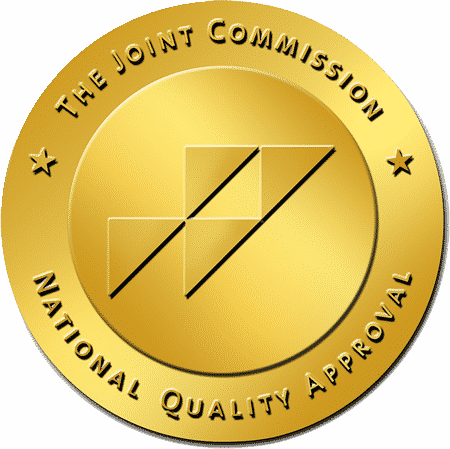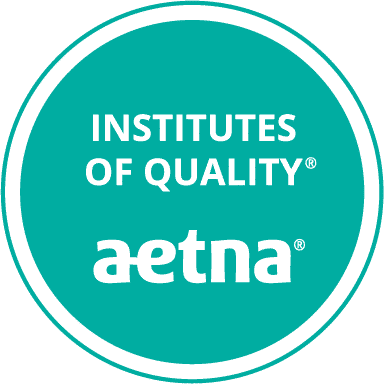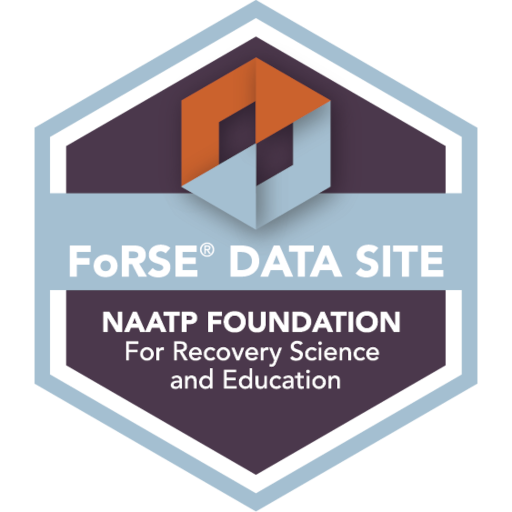Whether a person is addicted to alcohol or a drug, they have an illness, a substance use disorder, which can be treated, and the patient can recover.
Let’s look at what is involved in this process.
Acknowledge There is a Problem
In most cases, it is important that the person with the substance use disorder acknowledge that they have an illness. Sometimes, they admit it without outside assistance, and sometimes they are convinced by others, such as through an intervention by family or friends.
When the patient concedes they have a substance use disorder, the recovery process works better because they are more likely to listen to and act upon the therapeutic counseling they receive.
A person who denies they have a problematic substance use issue is less likely to succeed in recovery.
Are Drug Abuse and Drug Addiction the Same?
Drug abuse is when a person uses substances– anything from over-the-counter drugs to prescription drugs to illegal substances–in the wrong manner, whether it be too much or too long or both. With drug abuse there is a mental choice made to use the substance.
Drug addiction is a disease the disables a person’s self-control over how and when they use substances. With drug addiction, the person cannot stop taking the substance even if it is causing them financial, emotional, or physical problems.
Drug addiction is also known as a substance use disorder (SUD).
Drug Addiction Treatment Programs
SUDs impact many aspects of a person’s life, so several types of treatment may be required. The best programs review a patient’s medical and mental health history to determine the best course of action before treatment begins.
Addiction treatment should help a person:
- Cease drug use while minimalizing withdrawal symptoms
- Remain drug-free
- Resume normal activity with family, co-workers, and the community
Drug addiction treatment can be done through either residential treatment facilities at a hospital or treatment center, or intensive outpatient treatment facilities while the patient resides at home or other housing.
Residential Inpatient Addiction Treatment
Residential treatment for substance use disorders began in the late 1950s, growing out of the self-help recovery movement. Groups such as Alcoholics Anonymous were a part of this movement.
Inpatient addiction treatment normally includes detoxification supervised by medical staff, individual clinical therapy, and support groups including other patients with substance use disorders.
Inpatient care is overseen by licensed chemical dependency counselors and other behavioral care and medical professionals. In addition to daytime counseling, patients have access to evening activities and 24/7 medical care.
Inpatient treatment, which can last from three weeks to a year, is usually recommended by doctors for people suffering from severe substance use disorders.
Intensive Outpatient Treatment
Persons with less severe substance use disorders and the advantages of in-place community support, a supportive home environment and good physical health may be able to get their treatment through outpatient clinics.
A positive side of outpatient substance abuse treatment programs is that they allow the patient to maintain much of their day-to-day life.
Individual therapy, group counseling and participation in a 12-step program are typical of outpatient programs.
Treatment Starts with an Assessment
Before undergoing addiction treatment, a medical professional should assess the subject’s condition to be sure they have a substance use disorder.
No matter the degree to which a person’s life is affected by a substance use disorder–mild, moderate, or severe drug addiction–they can benefit from treatment programs.
Unfortunately, many people who have a substance use disorder won’t admit it and don’t receive treatment.
Medically Assisted Detoxification
If deemed necessary, a patient may undergo medically assisted detoxification prior to starting treatment.
An advantage to this course is that prescription medications can effectively be administered for pain caused by withdrawal symptoms.
Abstinence-Based Programs
Abstinence-Based Programs maintain that recovery only occurs if the patient totally abstains from using from all mood/mind-altering chemicals (unless competently prescribed).
Once a patient is sober, they begin individual therapy with a clinical therapist who helps them determine how they can avoid future substance use. Group therapy can also be a part of this process.
Continuing care follow-up and involvement in a 12-Step support program are essential to this recovery process.
Medical-Assisted Programs
Some addiction treatment facilities for substance use disorders offer a combination of medication and individual or group therapy.
Medications are used to control drug cravings, relieve symptoms of withdrawal, and to prevent relapses.
A criticism of medical-assisted therapy is that the patient may, in turn, become addicted to the therapeutic medications.
Psychotherapy for Addiction
A mental health condition can impede recovery if it is not addressed during treatment.
Psychotherapy can help patients with SUD better understand their behavior and motivations, develop higher self-esteem, cope with stress, and address other psychiatric problems.
Cognitive behavioral therapy (CBT) is often preferred because it can quickly help identify and address specific issues.
Cognitive Behavioral Therapy
Cognitive behavioral therapy for substance use disorders has been proven effective as both a stand-alone therapy and as part of blend of treatment modalities.
In CBT, the counselor helps the patient become aware of inaccurate or negative thinking so the patient can address challenging situations with greater insight and respond more effectively.
For example, instead of resorting to substance abuse because of anger about job stress, the patient realizes the potential for relapsing into drug addiction and modifies their emotional response.
Cognitive behavioral therapy can be helpful in treating mental health conditions. such as post-traumatic stress disorders, depression, or eating problems. It should be noted, however, that not everyone who benefits from CBT has substance abuse and mental health problems.
12-Step Programs
Self-help groups can complement and extend the effects of substance use disorder treatment.
Most substance use disorder treatment programs encourage patients to participate in self-help group therapy during and after formal treatment.
These groups can be particularly helpful during recovery, offering an added layer of community-level social support to help people achieve and maintain abstinence and other healthy lifestyle behaviors over the course of a lifetime. (NIDA, 2018)
The most prominent self-help groups are those affiliated with Alcoholics Anonymous (AA), Narcotics Anonymous (NA), and Cocaine Anonymous (CA), all of which are based on the 12-step model.
Dealing with Co-occurring Disorders
Treatment approaches that address co-occurring medical problems, mental illnesses, and social problems are optimal for achieving a sustained recovery.
Some treatment centers are set up to address co-occurring conditions simultaneously. Others treat the addiction while adjusting the patient’s treatment modalities around the co-occurring issues.
In the latter, the co-occurring disorders are addressed later in the patient’s recovery plan. This can often be true of-occurring mental health disorders or a psychiatric disorder.
Court-Ordered Treatment
Substance use disorders and substance abuse are found in about half of the inmates in federal and state prisons, according to several estimates. It’s obviously in everybody’s best interest to help them get treatment.
The criminal justice system refers offenders with drug abuse problems to receive treatment in several ways. Nonviolent offenders may be sentenced to addiction treatment. For others, treatment may be set as a condition for probation or pretrial release. Sometimes specialized courts, or drug courts, are convened to handle drug offenses.
When the criminal justice system mandates treatment as an alternative to incarceration, they also actively monitor treatment progress, and arrange for other services.
Youth Need Court’s Help Too
A study reported in Psychiatric Services of the American Psychiatric Association, says that youths entering the juvenile justice system often need treatment for substance use treatment and mental health issues, but very few—only one in ten—receive it.
What are Therapeutic Communities?
According to a report posted by the National institute on Drug Abuse (NIDA), therapeutic communities focus on the whole person and overall lifestyle changes, not simply abstinence from drug use.
This contrasts with the acute-care model of treatment, which seeks to disrupt the use of drugs and bring about sobriety during a treatment period.
The first therapeutic community, Synanon, was founded in 1958 in California. Oxford Houses are another example of well-known therapeutic communities.
Therapeutic communities spread throughout the US in the 1960s, and today is found in more than 65 countries worldwide
Looking for New Ways to Treat Addiction
Treating a substance use disorder as an illness is a relative new field, so it’s no surprise that research into it is ongoing.
For example, the Treatment, Health Services, and Recovery Branch of the National Institute on Alcohol Abuse and Alcoholism (NISAA) supports study in substance use disorders treatment categories including health services, behavioral therapies and mechanisms of behavioral change, recovery, and sustaining recovery.
The National Institute seeks to improve research and the effectiveness of behavioral interventions, and to better understand the dynamics of post-treatment recovery.
Sometimes the search for new treatment approaches is forced by circumstances. The American Psychiatric Association reports that during the COVID-19 pandemic, telehealth programs were used by addiction treatment providers when patients and clinicians could no longer meet face-to-face. This, in turn lead to consideration of ways to increase patient engagement by improving access and convenience.
Where to Get Help
A trusted primary care physician or specialist can often provide information on substance use disorder treatment approaches, residential treatment, or outpatient therapy.
The Substance Abuse and Mental Health Services Administration (SAMHSA) provides an abundance of information on substance use disorders, drug abuse, alcoholism, behavioral treatments, treatment facilities, and recovery.
SAMHSA’s website includes a behavioral health treatment services locator through which one can find treatment facilities for substance use disorders and mental health services near most locations.
Other Treatment Options
A person’s recovery plan may also include:
- Therapeutic communities following substance use treatment (highly controlled, drug-free environments) or sober houses
- Mutual-aid groups such as Alcoholics Anonymous, Narcotics Anonymous, and SMART Recovery
- Self-help communities for family members such as Al-Anon or Alateen
- Relapse prevention
- Coping skills
- Behavior therapy
- How to handle post-acute withdrawal symptoms
Principles of Effective Drug Addiction Treatment
Research shows that treatment can help drug-addicted individuals stop drug use, avoid relapse, and successfully recover their lives.
These 13 principles of effective drug addiction treatment are from Principles of Drug Addiction: A Research-Based Guide (National Institute on Drug Abuse, Third Edition).
- Addiction is a complex, but treatable, disease that affects brain function and behavior.
- No single treatment is appropriate for everyone.
- Treatment needs to be readily available.
- Effective treatment attends to multiple needs of the individual, not just his or her drug abuse.
- Remaining in treatment for an adequate period of time is critical.
- Counseling— individual and/or group —and other behavioral therapies are the most commonly used forms of drug abuse treatment.
- Medications are an important element of treatment for many patients, especially when combined with counseling and other behavioral therapies.
- An individual’s treatment and services plan must be assessed continually and modified as necessary to ensure it meets his or her changing needs.
- Many drug-addicted individuals also have other mental disorders.
- Medically assisted detoxification is only the first stage of addiction treatment and by itself does little to change long-term drug abuse.
- Treatment does not need to be voluntary to be effective.
- Drug use during treatment must be monitored continuously, as lapses during treatment do occur.
- Treatment programs should assess patients for the presence of HIV/AIDS, hepatitis B and C, tuberculosis, and other infectious diseases, as well as provide targeted risk-reduction counseling to help patients modify or change behaviors that place them at risk of contracting or spreading infectious diseases. (NIDA. 2020)
Family Therapy and Addiction Treatment
Multidimensional family therapy can equip relatives and loved ones with skills necessary to address substance use disorder treatment. Family members learn how to empower rather than enable, how to take care of themselves, and how to influence rather than control.
Family therapy includes process groups that allow patients and their families to start communicating honestly and to work on sharing thoughts and feelings openly.
Physicians’ medical lectures, featuring the most current information about substance use disorders, can help family members learn the facts about the disease.
Family training also includes workshops on topics about feelings and recovery, boundaries, codependency, returning home, recovery for the family, patient, and family needs, 12 Steps and Traditions, and creating a family recovery plan.
Substance Use Disorder Treatment at La Hacienda
A substance use disorder is a treatable disease which manifests itself in many complex physical, behavioral, psychological, and spiritual patterns.
La Hacienda Treatment Center has been successfully caring for people with substance use disorders for since 1972.
Addiction treatment at La Hacienda may involve medically supervised detoxification to help modify withdrawal symptoms.
All patients receive a thorough assessment of their substance use disorder and any co-occurring physical and mental health issues. The staff then prepares a substance abuse treatment plan for each patient based on their drug use–for example, misuse of prescription medications or opioid addiction–and their condition.
Treating substance use disorders includes individual and group therapy with a licensed counselor. Patients are also given a thorough introduction to the 12-step program and work through the first four steps together.
For more information or to start your recovery, phone (800) 749-6160 and talk with one of our on-campus admission specialists.

Alcoholism is a Family Disease
Alcoholism is a family disease in two contexts. First, those around an alcoholic person suffer physically and mentally because their negative actions have negative consequences for other family members. Second, genetic factors can play a role in passing the disease from one generation to the next. Many children of alcoholic parents are predisposed to have an alcohol use disorder or other medical and mental health issues.

Addiction is a Family Disease
Addiction is a family disease in two contexts. First, those around an addicted person suffer physically and mentally because their negative actions have negative consequences for each family member. Second, genetic factors can play a role in passing addiction from one generation to the next. Many children of addicted parents are predisposed to have a substance use disorder.
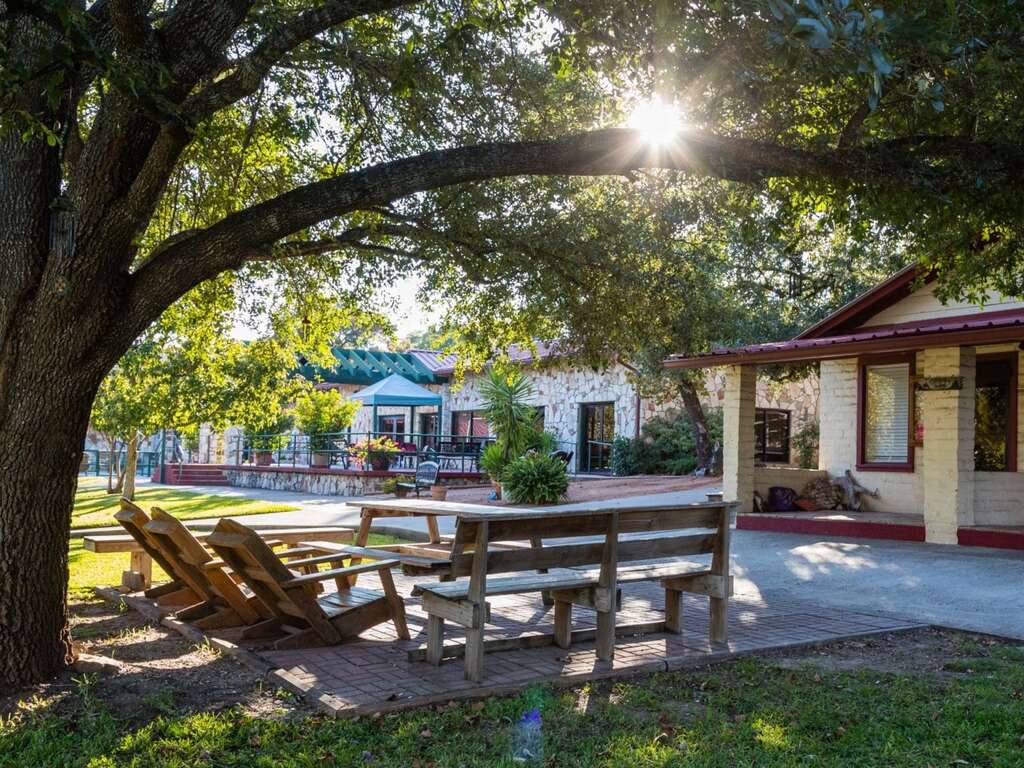
Substance Abuse Risk Factors
Risk factors can influence drug use and alcohol addiction in several ways. The more risks to which a person is exposed, the greater chance they will abuse alcohol or have a physical dependence on drug use. Some higher risk factors come at certain stages of development. For example, peer pressure at an early age encourages underage substance use and taking of illegal drugs.
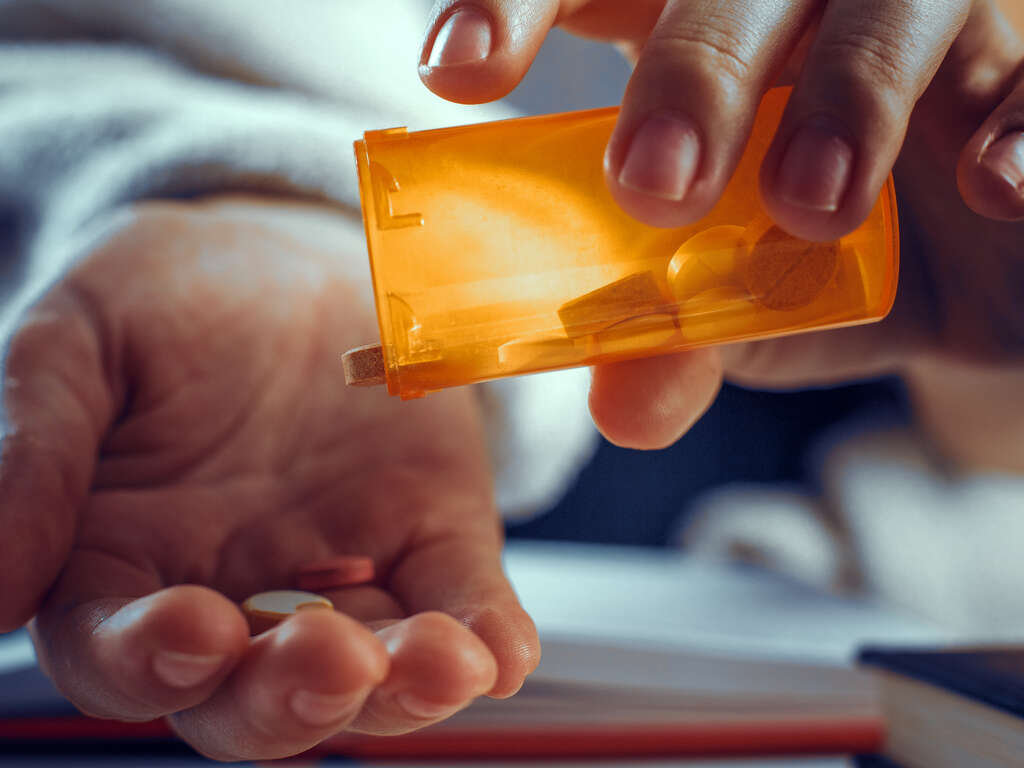
Who is an Addict?
An addict is a person with a treatable, chronic disease involving intricate brain pathway interfaces, genetics, their environment, and their life experiences. People with drug addiction have substance abuse problems, drug dependence, or engage in behaviors that, in the absence of drug abuse treatment, become habitual and often continue despite damaging results.
National Institute on Drug Abuse. 2020, September 18. Principles of Effective Treatment. Retrieved from https://nida.nih.gov/publications/principles-drug-addiction-treatment-research-based-guide-third-edition/principles-effective-treatment on 2022, March 18
